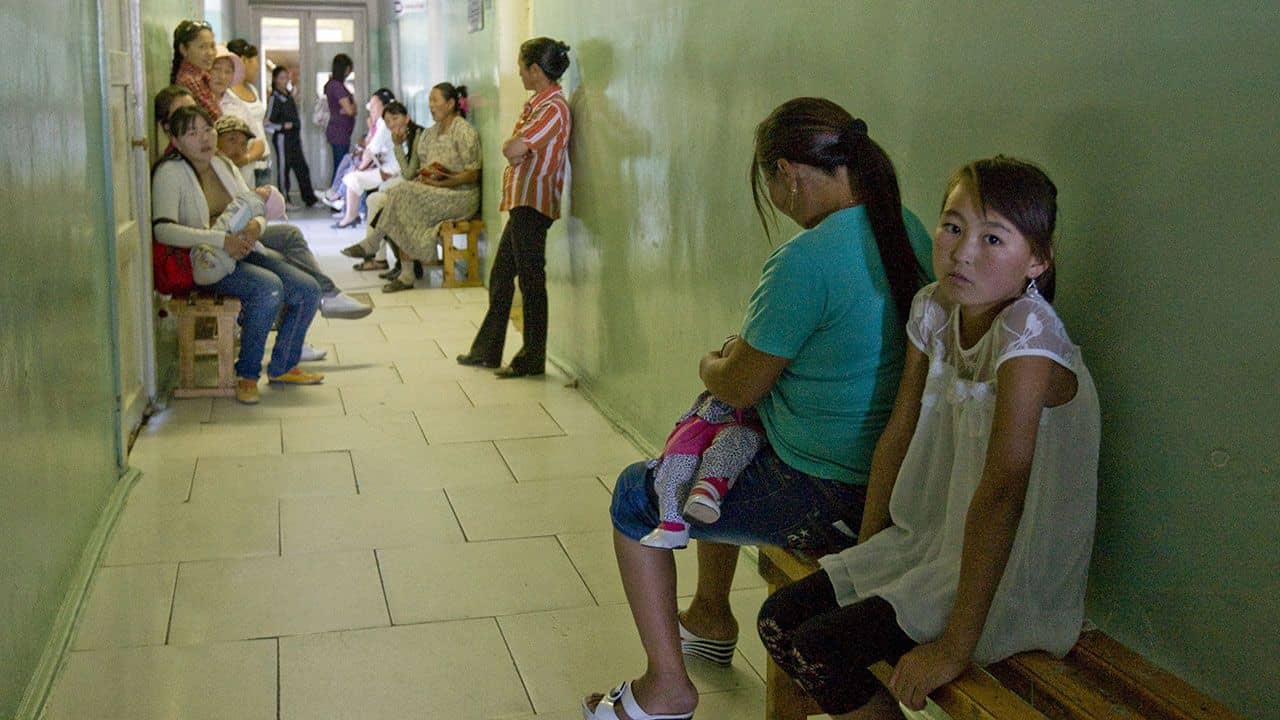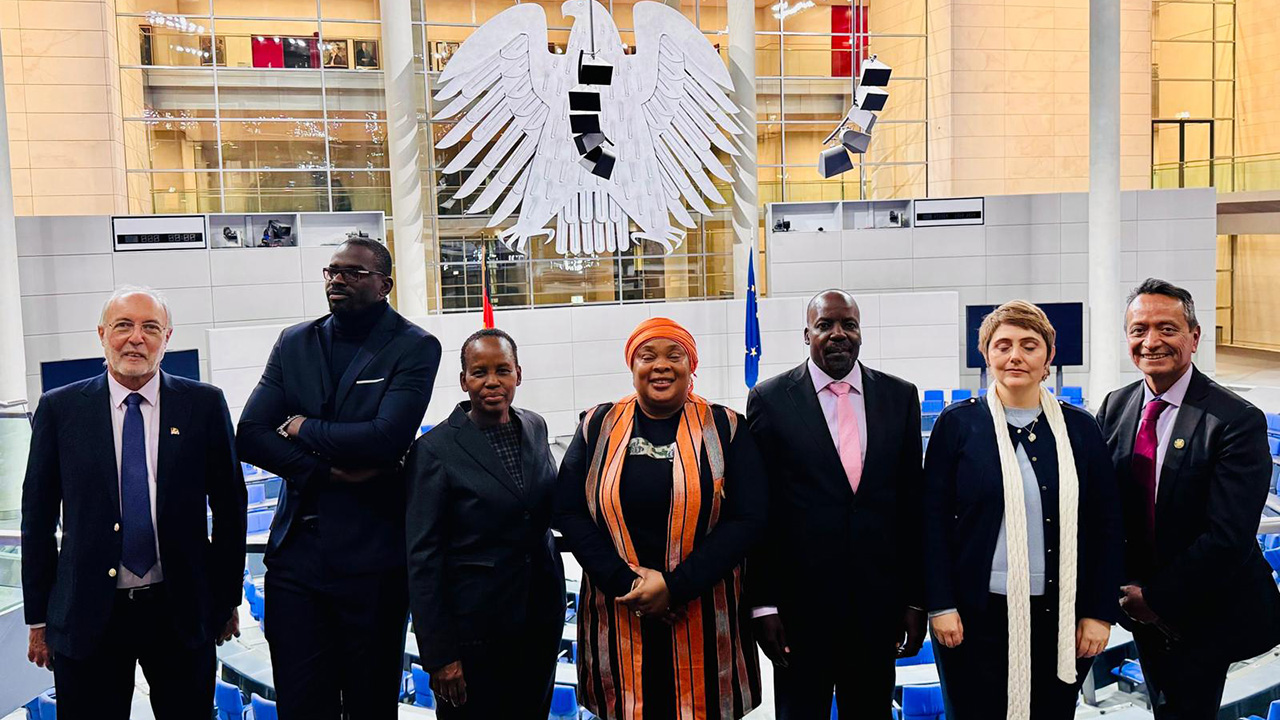
Read also in: español | français | Português
In line with Parliamentarians for Global Action (PGA)’s official statement on our global response to the COVID-19 pandemic, we are pleased to share this brief to assist our peer members of parliament (MPs) address the disproportionate impact of the COVID-19 crisis on girls and women and lesbian, gay, bisexual, transgender and intersex (LGBTI) people in our countries.
As the global health crisis unfolds, amplifying the inequality in our communities, it exposes the most vulnerable to even more marginalization:
Women and girls are at increasing risk of gender-based violence, lack of access to reproductive and sexual healthcare, losing formal or informal employment and limited access to online schooling (if a computer and Wi-Fi connection are available at home) as other members of the family would take priority. With girls out of school, they could be at greater risk of early marriage. Additionally, care-giving roles of women and girls in the home, where such responsibilities disproportionately fall on them, put added strain on their professional life, and, as a majority proportion of the health workforce, places them at greater risk of infection.
Similarly, LGBTI people are especially vulnerable, as many fear approaching public health services because of stigma and criminalization, even when COVID-19 represents a greater risk to persons living with compromised immune systems, particularly persons living with HIV/AIDS, as well as older persons. Many LGBTI people are also poorer and face significant economic disparities compared to their non-LGBTI peers. Homeless persons, among whom LGBT persons are many, face exacerbated exposure to contagion. Those who already faced barriers in accessing healthcare, will likely see those barriers increase both by their lack of economic means and the stigma associated with their sexual orientation and gender identity/expression. Quarantines and social-distancing policies may also force many LGBT youth to remain in hostile environments with family members or co-habitants.
As a parliamentarian and an important leader in your country, you can take some of the following actions to protect the rights of girls, women and LGBTI persons:
-
Use both traditional media and your social media platforms to speak out for the right of everyone to access healthcare, testing and treatment against COVID-19. Disseminate accurate information about the crisis and urge relevant Ministries, health providers and constituents to fight stigma and discrimination of any kind, including on the basis of sexual orientation and gender identity, by reporting it to appropriate authorities such as your country’s human rights ombudsperson.
-
Call for support services for victims of gender-based violence to be continued during the crisis as a priority, providing enough resources, including effective referrals and ensuring the availability of avenues to safety for victims, including for LGBTI people.
-
As social distancing measures and lockdowns are enforced all over the world, grassroots civil society organizations continue to do critical work in their communities to stem the spread of COVID-19 and provide care, social services and protection, particularly among the most marginalized. As an MP with responsibility for the health and well-being of your constituents, call for their protection and support and combat any attempts to use the pandemic to obstruct or criminalize their work. We urge you to reach out to some of these essential frontline representatives through safe means, listen to their priorities and needs, support their efforts and maintain contact throughout the crisis.
-
Incorporate a gendered analysis in Parliament’s response to the COVID-19 pandemic, incorporating the voices of women on the front line of the response to COVID-19 and those most affected by the disease within preparedness and response policies or practices going forward.
-
Urge peer parliamentarians to adopt protective measures against discriminatory provisions that may exist in legal frameworks, such as the criminalization of consensual same-sex sexual conduct, to ensure everyone can access affordable and accessible medical care without fear.
As Michelle Bachelet, UN High Commissioner for Human Rights, and Filippo Grandi, UN High Commissioner for Refugees, stated in an Op-Ed on March 12:
The health of every person is linked to the health of the most marginalized members of the community. Preventing the spread of this virus requires outreach to all, and ensuring equitable access to treatment.
You can help ensure this happens in your country.
Margareta Cederfelt, MP (Sweden)
President, Parliamentarians for Global Action
Dip. Jorge Calix (Honduras)
Co-Convenor, Gender, Equality and Inclusion Program, PGA
Petra Bayr, MP (Austria)
Convenor, International Law and Human Rights Program, PGA
For more information and guidance, please contact the PGA Secretariat at monica.adame@pgaction.org and alejandro.roche@pgaction.org .




